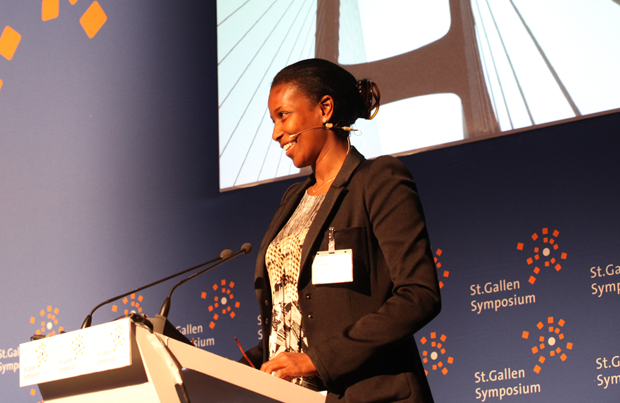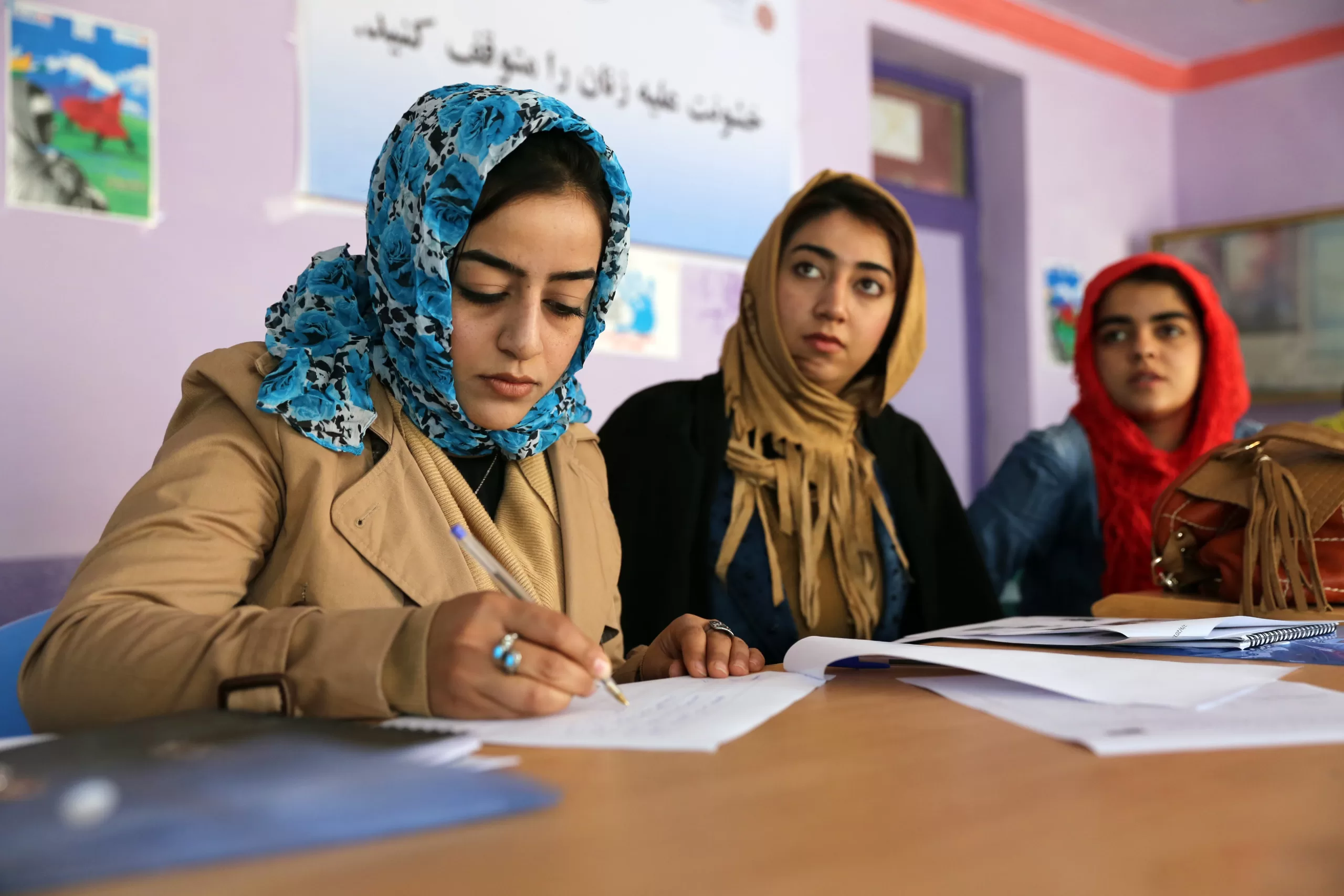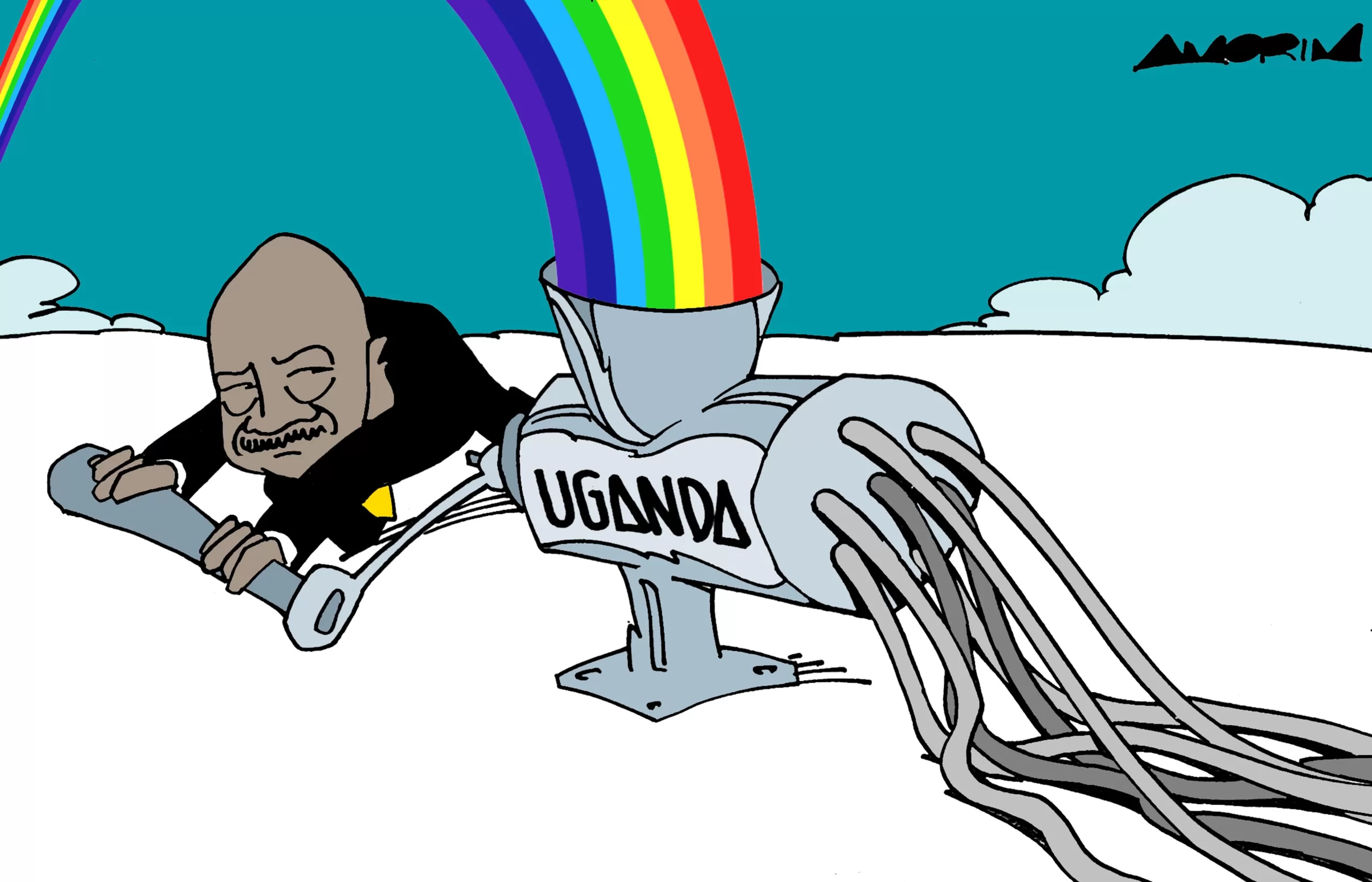
Ayaan Hirsi Ali at the University of St. Gallen in 2011 (Photo: International Students’ Committee/Wikimedia Commons)
Earlier this month, Yale President Peter Salovey used his address at the university’s freshman assembly to call for students to protect unfettered freedom of expression, labelling it “essential on a university campus”. Specifically, his speech dealt with the policing of university speakers by protesting student groups. He urged students not to participate in the types of activities that have forced prominent public figures out of speaking roles at other universities.
This address came in anticipation of Yale’s William F Buckley Jr. Program — a group dedicated to promoting intellectual diversity on campus — hosting Ayaan Hirsi Ali. The Dutch activist and writer has been accused of holding strong anti-Islamic views, and her work has been a source of controversy throughout her career.
The president’s advice was not heeded. The announcement of Ali’s inclusion in the speaker series was met with complaints by over 30 student organisations. Spearheaded by Yale’s Muslim Students Association, who wrote a letter and started a petition condemning the speech, groups of all makes attempted to get Ali removed from the docket or to get other speakers added to the event. Despite this, Yale’s faculty stood by the president’s message, and the event went ahead on 16 September.
This follows the case of a reverend at the university being forced to step down after he wrote a three sentence op-ed criticising an article in the New York Times. He argued that a piece on the rise of anti-semitism in Europe ignored the link between this and the Gaza conflict.
But these are not the only recent examples of free expression being limited on American campuses. Here are nine other universities that have faced free speech controversies in the past year.
CAL Berkeley
University of California Berkley chancellor, Nicholas Dirks, sent an email to students on 5 September entitled “Civility and Free Speech”. The email came at the start of the school year marking the 50th anniversary of the Free Speech Movement, a protest that helped lift the ban on political activities on campus and increased students’ free speech rights at universities around the world. The email, however, turned into a platform for Dirks to place qualifiers on students’ free speech, saying it should only be practiced “insofar as we feel safe and respected in doing so”. Dirks called for civility in free speech, which many, including some faculty members at the university, felt inhibited academic freedom.
Arkansas State University
Arkansas State University attempted to force football players to remove or modify crosses from their helmets, used to commemorate two former teammates who were killed in the last year. The symbol memorialising the former teammates was challenged by a group of outspoken atheists known as the Freedom from Religion Foundation who called the symbol inappropriate. The team has since changed it into a bar baring the initials of the fallen. One player, however, is suing the school, saying that he feels the university has censored the team.
University of Illinois at Urbana-Champaign
The University of Illinois at Urbana-Champaign revoked the hiring of Steven Salaita, an American-Indian studies and Israeli-Arab Relations professor, after he wrote anti-Israeli tweets in response to Israeli violence on the Gaza Strip. Tweets like, “When will the attacks on #Gaza end? What is left for #Israel to prove? Who is left for Israel to kill? This is the logic of genocide.” were posted on the first and second of August. The university claimed that current employees of the university would not be fired on the same grounds, but since Salata was merely promised a position and had yet to start working, the same rules did not apply.
University of Georgia
A group of students at the University of Georgia, represented by the Alliance Defending Freedom (ADF), have filed a lawsuit against the school after it adopted a policy that limits free speech to certain zones. These areas make up less than 1 percent of the campus and are open from 8am-9pm Monday through Friday for protest and other political demonstration. Protests on other parts of campus must be cleared 48 hours in advance by an administrator. ADF’s Travis Barham said in a press release, “Public universities are supposed to be the marketplace of ideas, and so they should promote and celebrate free speech, not quarantine it.”
Rutgers University
Former US Secretary of State Condoleezza Rice withdrew from her speaking opportunity at Rutgers University’s graduation commencement following student protests. Students were in uproar about the former politician’s involvement in the Iraq war, namely her signing off on the torture of Iraqi citizens. This was not the first time Rice faced protest as a commencement speaker. In 2006 students and faculty alike held up signs during graduation, voicing their displeasure over her inclusion.
Boise State University
Boise State’s chapter of the Young Americans for Student Liberty, a national organisation for education of libertarian values and the constitution invited gun law activist Dick Heller to be a keynote speaker at one of their campus events. The group, seemingly due to the controversial nature of the speaker’s opinions, was charged an additional sum of money as a security fee 24 hours before the event which had been scheduled for six weeks. This came just one week after the university forced a pro-life organisation to put up warning signs at two of their on campus events. Both of these cases were subjects of lawsuits citing the First Amendment right to freedom of expression as being violated.
Citrus College
A student at Citrus College in Glendora, California was threatened with removal from campus after he was caught petitioning against the spying of the National Security Agency outside of the school’s designated free speech zone. These areas make up just over one percent of university premises, with every other part of a campus labelled a “non-public forum”. The student sued, making it the second time in just over a decade the college faced legal action over a free speech issue. California has two laws that that protect free speech on campuses.
University of Massachusetts Amherst
In the autumn of 2013, the University of Massachusetts banned electronic dance music events following the death of one of their students due to an MDMA overdose. The death came at the end of a string of overdoses on campus and in the Massachusetts area and the ban was an attempt to curb this illegal drug use. Students responded with a peaceful protest which featured picketing, petitioning and flash mobs.
Iowa State University
Iowa State University banned t-shirts made by the school’s branch of the National Organisation for the Reform of Marijuana Laws. The school claimed the use of their mascot on the shirts was a trademark violation. The school filed a lawsuit against NORML after the image was published in a local newspaper, following pressure by state officials who did not want the school to be seen as pro marijuana reform. NORML asked for the case to be dismissed claiming ISU failed “to allege sufficient facts to establish any constitutional right in the use of ISU’s trademarks”.
This article was posted on Thursday 19 Sept 2014 at indexoncensorship.org





